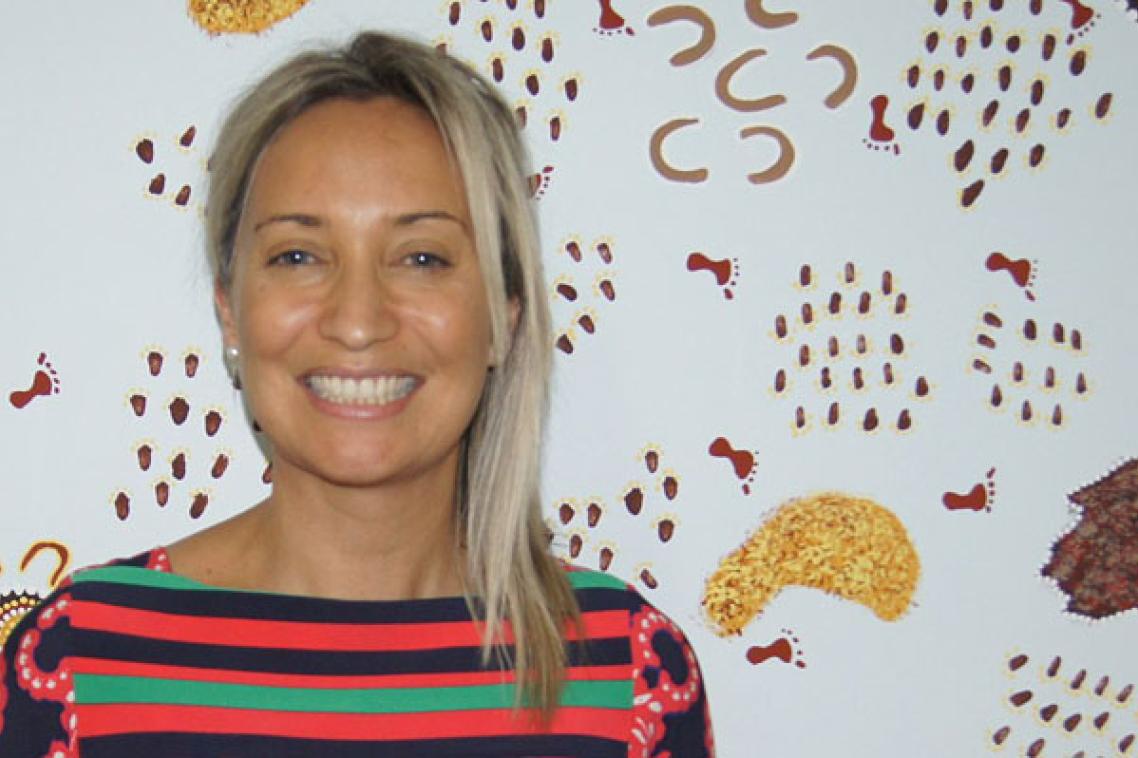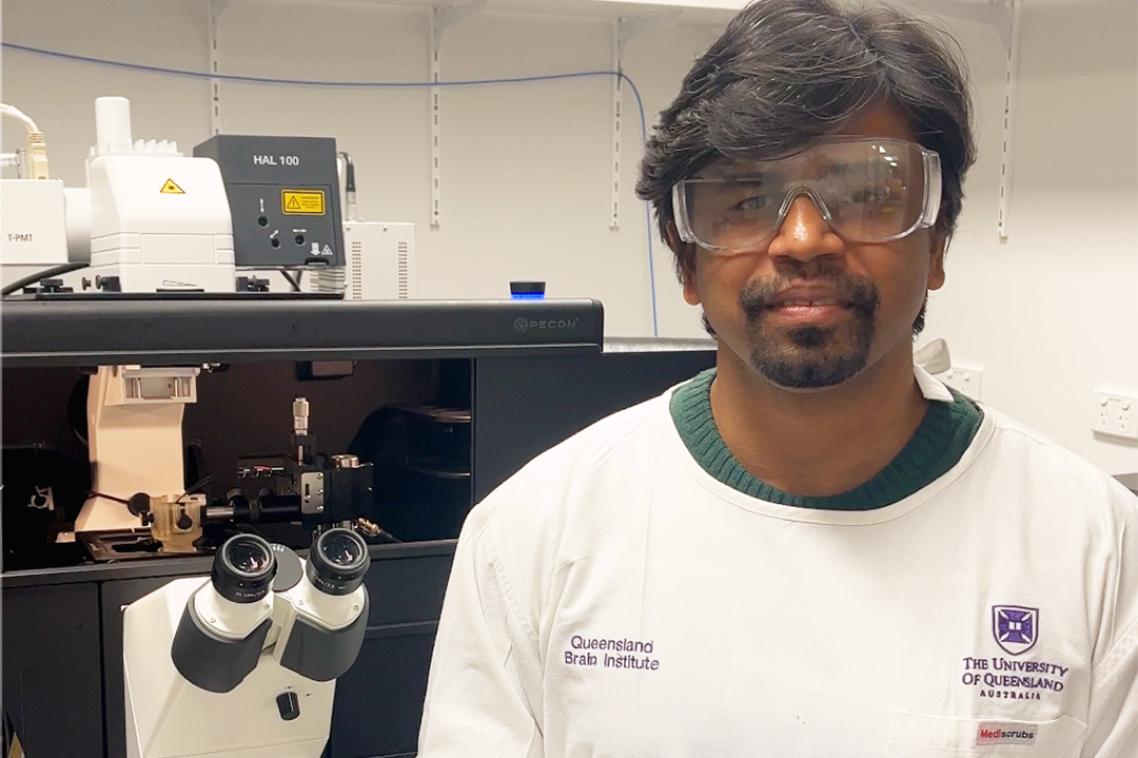Boost for Indigenous Australian mental illness diagnosis research

A University of Queensland researcher has been awarded $948,000 to improve diagnosis of mental illness in Indigenous Australians.
Lead researcher Dr Maree Toombs, said the National Health and Medical Research Council (NHMRC) grant would play a significant role in improving the health of Indigenous Australians. Dr Toombs is Director of Indigenous Health at the UQ School of Medicine’s Rural Clinical School.
“Forty five per cent of Australians aged 16-85 years have a lifetime history of mental disorders, and 20 per cent have reported an episode of mental illness in the past 12 months,” Dr Toombs said.
“Although there have been a number of small studies of mental health in specific Indigenous communities, reliable data on mental illness in Indigenous Australians is lacking.”
Dr Toomb’s study will examine the use of a structured clinical interview tool promoted globally for diagnosing mental disorders, and will then use the tool to quantify the burden of mental illness among Indigenous Australians.
“Our main aim is to evaluate whether this tool can be used among Indigenous communities to diagnose mental illnesses,” Dr Toombs said.
“We will quantify the burden of mental illnesses using this tool and identify cultural factors that might influence its performance.
“Our research findings will inform policy making and improve models of care specific to Indigenous Australians.”
The three Aboriginal services involved in this research are: Inala Indigenous health services, Carbal Aboriginal health services and Goondir Aboriginal health services.
Media: Brian Mallon, Communication Officer, School of Medicine, 0403621109, 07 3365 5254 b.mallon@uq.edu.au
Topics
Related articles

New ultrasound imaging to map drug delivery into the brain

Staying physically active cuts risk of early death by 40 per cent
Media contact
UQ Communications
communications@uq.edu.au
+61 429 056 139
